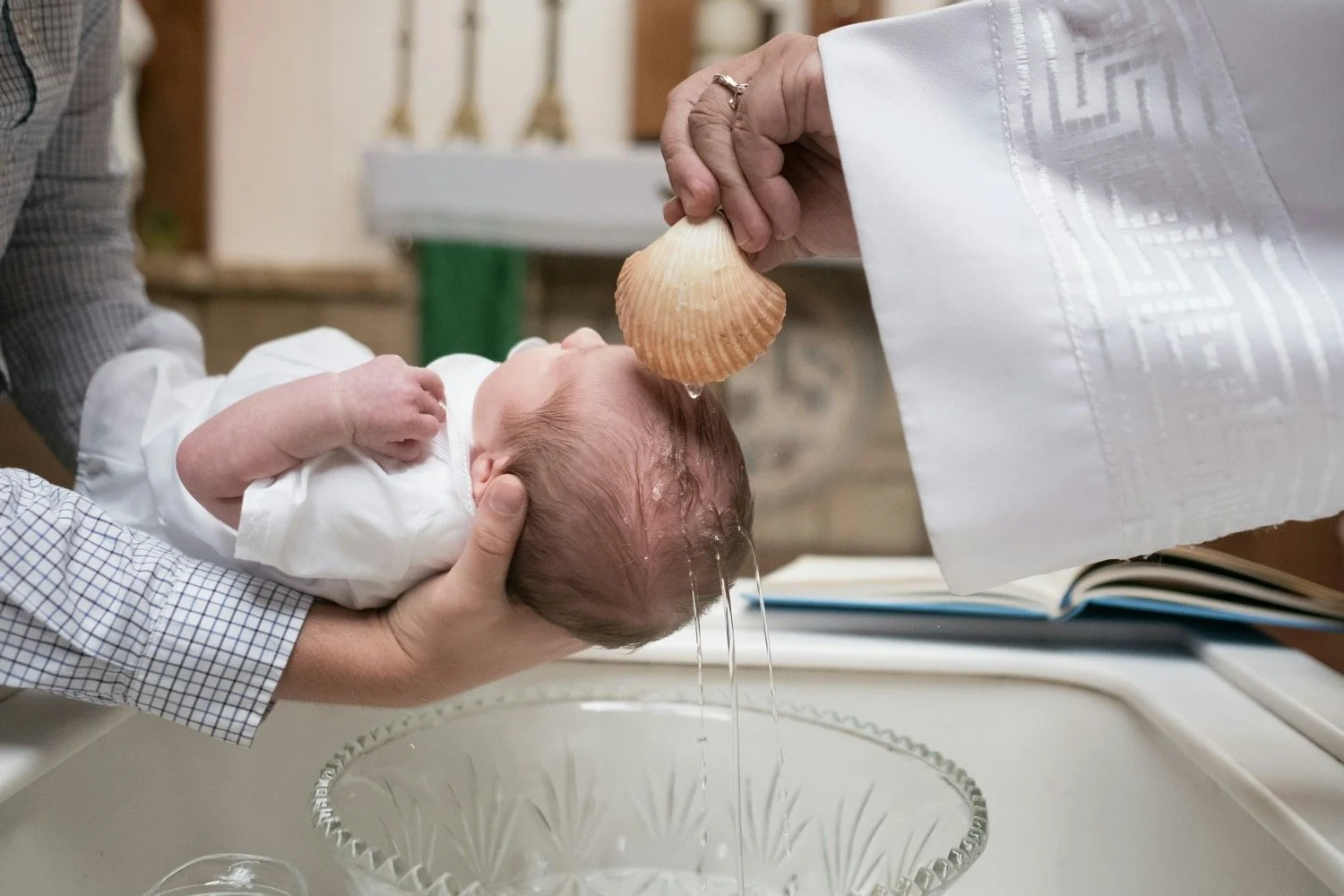Readings for today: Luke 1, Psalms 112
I often meet and talk with people who struggle with the concept of faith. Typically, they are more “left-brained” in their thinking. They are more analytical and methodical and scientifically and/or mathematically minded. They want to know what evidence exists for the Christian faith and how one can believe in events that, by definition, defy the laws of physics. They tend to bracket out, a priori, the existence of miracles. And they tend to think of faith and reason as oppositional concepts. I love talking with them. Mainly because these are my people. I too am an analytical thinker. I too want to know the evidence that exists for the Christian faith and if Christianity presents the best explanation of what’s available. I too struggle to accept events that defy the laws of physics, though admittedly my struggle has diminished the more I travel to places like South Sudan, Uganda, and Ethiopia. I too used to think that faith and reason were opposing concepts.
Perhaps that’s why I love Luke’s Gospel so much. He sets out from the opening lines to present a clear and compelling case, based on eye witness testimony, of the life, death, and resurrection of Jesus Christ. He carefully investigates all the claims. He writes in an orderly fashion. His goal is for Theophilus - which literally means “God lover” - to find assurance and certainty and peace of mind when it comes to what he or she believes. Luke certainly helped me find this assurance. His Gospel presents a faith that is rational. A faith that is reasonable. A faith that is not blind but rather the best account of the evidence provided.
Now one can certainly argue about the veracity of miracles but one also has to be honest that they are making an argument from deduction not observation. One can certainly argue over the reliability of eye witness testimony and have questions about whether the story changes in the years between the actual events and when Luke was writing but one must also be honest that eye witness testimony has been found reliable in courts of law for centuries and across cultures. Furthermore, one has to set aside their anachronism and cultural definitions of literacy and grapple with the differences between oral and textual societies. One can certainly challenge Luke’s historical chops but one must not impose 21st century standards on ancient authors but instead ask if Luke’s writings represent a compelling account of ancient biography. All of these are important questions to ask and seek answers to but perhaps most important is what one does with the basic facts of the case. What does one do with the person of Jesus Christ who lived and taught and suffered and died and was crucified and buried and whose tomb was empty three days later? No honest historian disputes these basic, fundamental facts so one has to come up with a hypothesis to explain them and to date, no one has come up with anything better than what Luke presents in his Gospel.
One may choose to reject the rationality of the Christian faith but that doesn’t make it irrational. The Christian faith is a rational approach to real events that happened in real time in human history. It is a clear and compelling way to make sense of the empty tomb and it’s implications for humanity and the world.
Readings for tomorrow: Luke 2-3, Psalms 113




